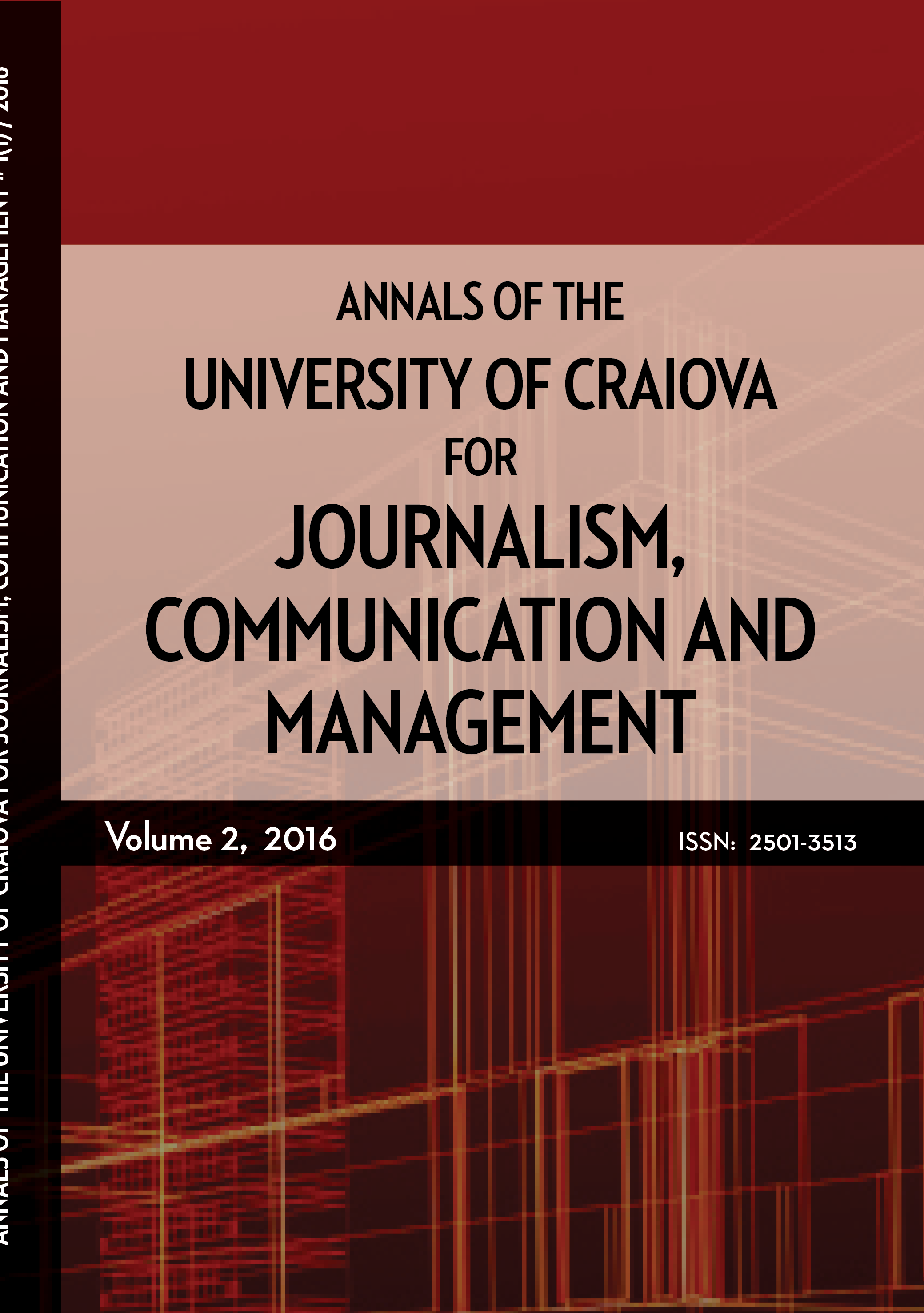EPISTEMOLOGY OF ISLAMIC LAW IN THE IBN RUSHD’S PERSPECTIVE
EPISTEMOLOGY OF ISLAMIC LAW IN THE IBN RUSHD’S PERSPECTIVE
Author(s): Ade Yusuf Mujaddid, Karimatul Khasanah, Fahrodin FahrodinSubject(s): Contemporary Islamic Thought, Sociology of Religion, Sociology of Law, Sharia Law, Qur’anic studies
Published by: Editura Sitech
Keywords: Epistemology; Islamic law; and moral;
Summary/Abstract: Islamic law is an integral part of Islam. Everyone who studies Islam also studies Islamic law. Ibn Rushd, an expert in Islamic law has a method of establishing Islamic law. Ibn Rushd’s method was influenced by philosophy (epistemology). What is the method of Ibn Rushd’s epistemology of Islamic law and its relevance? The purpose of this study is to know the method of determining Ibn Rushd’s Islamic law and its relevance. The epistemology of Islamic law Ibn Rushd has four premises: primary premises (al-maqulat al-ula), sensory knowledge (al-mahsusat), opinions which are generally accepted (almasyhurat), and opinions received (al-maqbulat) Primary premises and sensory knowledge are included in the convincing category (al-yaqin), opinions that are generally accepted (al-mashhurat) are in a degree close to the beliefs and opinions received (al-maqbulat) only reaches the expected degree (zhan) Ibn Rushd’s epistemology of Islamic law to improve human morals. So that Ibn Rushd established the freedom of the madzhab and did not justify fanaticism towards a school of thought.
Journal: Annals of the University of Craiova for Journalism, Communication and Management
- Issue Year: 7/2021
- Issue No: 1
- Page Range: 58-69
- Page Count: 12
- Language: English

